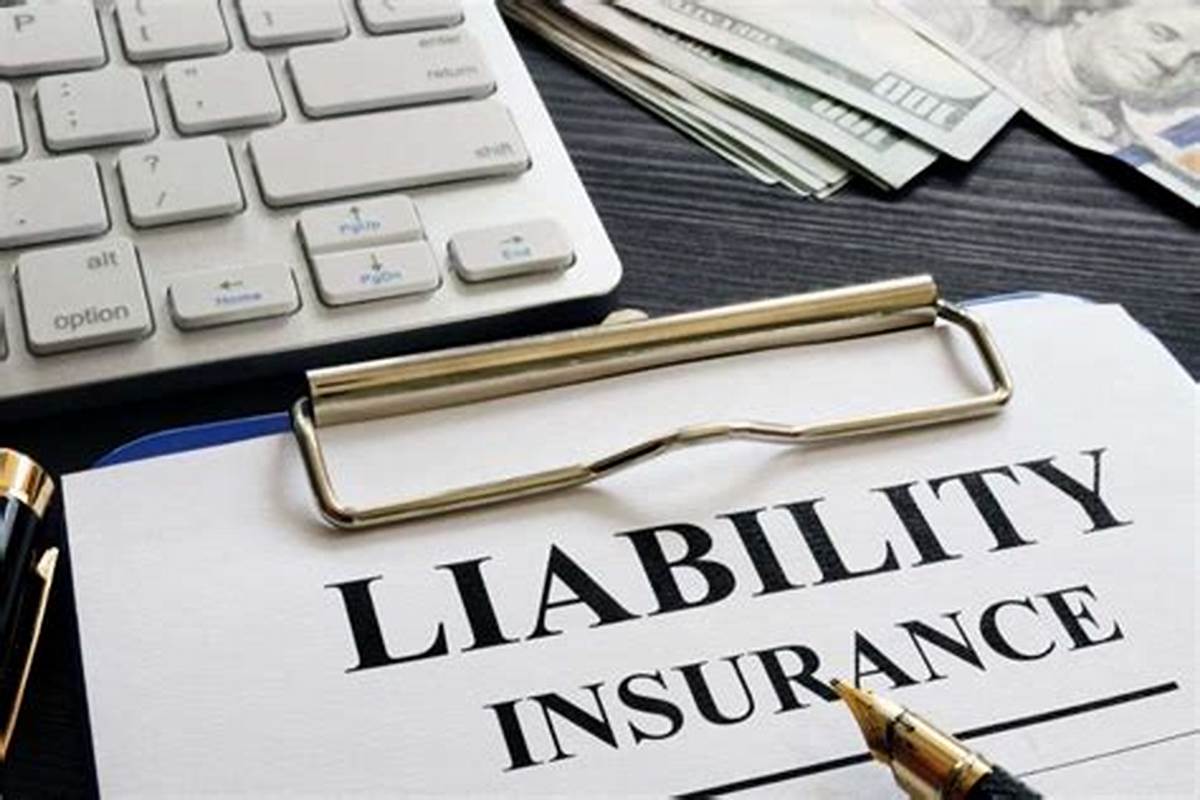Comprehensive car insurance provides broad protection for your vehicle, covering not only accidents but also damage caused by non-collision events such as theft, vandalism, natural disasters, and animal collisions. While it’s not always legally required, it offers peace of mind by protecting against a variety of risks that might not be covered by basic or liability insurance. Deciding when to buy comprehensive car insurance and understanding what factors to consider can be a daunting task for many drivers. Whether you’re purchasing your first car or evaluating your current insurance needs, knowing when comprehensive coverage is worth it and what key factors to keep in mind will ensure that you make an informed decision. This article will guide you through the process of determining if and when comprehensive car insurance is right for you, including factors like vehicle value, location, and personal driving habits.
What Is Comprehensive Car Insurance?
Comprehensive car insurance is a type of coverage that protects your vehicle against damage or loss caused by events that are not related to a collision. While liability insurance covers damages to others in the event of an accident, comprehensive insurance provides coverage for your own vehicle. Common situations covered by comprehensive car insurance include:

- Theft: If your vehicle is stolen, comprehensive insurance will typically cover the cost of replacing it.
- Vandalism: Damage caused by malicious acts, such as broken windows or keying, is often covered.
- Natural Disasters: Comprehensive coverage can protect against damage from storms, floods, hail, earthquakes, and other natural events.
- Animal Collisions: If your car collides with an animal, such as a deer, comprehensive insurance will typically cover repairs.
- Fire or Explosion: Comprehensive insurance covers damage caused by fire, regardless of the cause.
- Glass Damage: In many cases, repairs to your car’s windshield or windows are covered under comprehensive policies.
While comprehensive car insurance provides extensive protection, it generally doesn’t cover damages from a collision with another vehicle or from accidents where you are at fault. For those incidents, collision insurance would be necessary.
When Should You Buy Comprehensive Car Insurance?
Deciding when to buy comprehensive car insurance depends on several factors, including the value of your car, your risk level, and your budget. Below are key considerations to help you determine when comprehensive insurance is a good investment:
1. When You Have a New or Expensive Car
If your car is brand new or has a high market value, comprehensive insurance is often a wise choice. Newer vehicles are more expensive to replace or repair, and comprehensive coverage can help protect your investment. In case of theft, total loss, or damage due to unforeseen circumstances, comprehensive insurance ensures that you’re not left with a huge financial burden.
- Expensive cars: High-end cars are more likely to be stolen or vandalized. They also cost more to repair, making comprehensive coverage a smart option to prevent significant out-of-pocket expenses.
- Leased or Financed Vehicles: Lenders and leasing companies often require comprehensive coverage as part of the financing agreement. This is to protect their investment in the vehicle in case of damage or loss.
2. When You Live in a High-Risk Area
Your location plays a significant role in deciding whether to buy comprehensive car insurance. Areas prone to natural disasters such as floods, hailstorms, or earthquakes, as well as regions with higher rates of vehicle theft or vandalism, increase the likelihood that you may need comprehensive coverage.
- Weather Conditions: If you live in an area with frequent hailstorms, heavy snow, or frequent flooding, comprehensive insurance will protect you from weather-related damages.
- High-Theft Areas: In areas where car theft is common, comprehensive insurance offers peace of mind and financial protection.
3. When You Don’t Want to Pay for Repairs Out of Pocket
Comprehensive coverage offers significant peace of mind by ensuring that your vehicle will be repaired or replaced without requiring you to pay large sums of money upfront. If you are concerned about having to pay for repairs after an accident or a non-collision event, having comprehensive insurance can reduce the financial strain.

For example, if your car is damaged in a natural disaster or by falling debris, your insurance will typically cover the cost of repairs, minus the deductible. Without comprehensive coverage, you could be faced with paying out of pocket for expensive repairs, which could be difficult if you don’t have the funds readily available.
4. When Your Vehicle Is Still Under Warranty
If your car is still under a manufacturer’s warranty, it may already cover some repair costs. However, comprehensive insurance can act as an additional layer of protection, especially for situations not covered by the warranty. For instance, warranties may not cover accidental damage, theft, or non-collision-related incidents. Comprehensive insurance can fill this gap, making it a valuable investment even when your car is still covered by its warranty.
5. When You Plan to Keep Your Car for a Long Time
If you intend to keep your vehicle for an extended period, comprehensive coverage can help protect the car over its lifespan. As vehicles age, they become more susceptible to damage from natural events or accidents. Comprehensive insurance provides coverage for incidents that could otherwise lead to significant repair or replacement costs.
What to Consider Before Purchasing Comprehensive Car Insurance
Before committing to comprehensive car insurance, it’s essential to weigh certain factors that may affect the overall cost and adequacy of your policy. Here are some things to consider:
1. Cost of Coverage
The cost of comprehensive car insurance can vary depending on factors such as your car’s make, model, age, and the area in which you live. While comprehensive coverage is generally more expensive than basic liability insurance, it provides broader protection and may save you money in the long run if an incident occurs.
- Deductible Amount: Comprehensive insurance policies come with a deductible, which is the amount you must pay out of pocket before your insurance kicks in. A higher deductible can lower your premiums, but it also means you’ll pay more in the event of a claim.
- Comparison Shopping: It’s essential to shop around and compare quotes from multiple insurance providers to ensure you’re getting the best coverage at the most competitive price.
2. The Value of Your Vehicle
If your vehicle is old and has a low market value, comprehensive insurance may not be worth the cost. The premiums may be too high relative to the value of the vehicle, and you may not get enough compensation in the event of a claim. In such cases, it may be more cost-effective to opt for basic liability or collision coverage.
On the other hand, if you drive a newer car, comprehensive coverage can help safeguard against loss or damage, providing financial protection in case of an unforeseen event.
3. Your Driving Habits
If you frequently drive in areas with higher risks, such as remote locations prone to animal collisions or flood zones, comprehensive coverage becomes more valuable. Drivers who have a history of accidents or those who regularly drive in hazardous conditions may also benefit from comprehensive insurance to reduce financial risk.
4. The Insurance Policy’s Exclusions
Before purchasing comprehensive coverage, ensure you fully understand the exclusions outlined in the policy. Some types of damage or situations may not be covered, such as incidents involving intentional damage or neglect. Reviewing the exclusions carefully helps you avoid surprises when filing a claim.
5. Optional Add-Ons
Many insurance companies offer optional add-ons or endorsements that can enhance your comprehensive coverage. These might include coverage for rental cars while yours is being repaired or protection against roadside assistance. Assess your needs to determine whether any additional coverage would be beneficial for you.

Conclusion
Comprehensive car insurance offers broad protection for your vehicle against a range of non-collision events, including theft, vandalism, weather-related damage, and more. When deciding whether to buy comprehensive coverage, consider factors such as your car’s value, your location, and the risks you face as a driver. While comprehensive insurance may come with higher premiums, it provides peace of mind and financial protection in the event of an unexpected incident. By weighing the costs and benefits, as well as comparing policies from different providers, you can choose the best comprehensive car insurance plan for your needs, ensuring that your vehicle is well-protected for years to come.

Leave a Reply